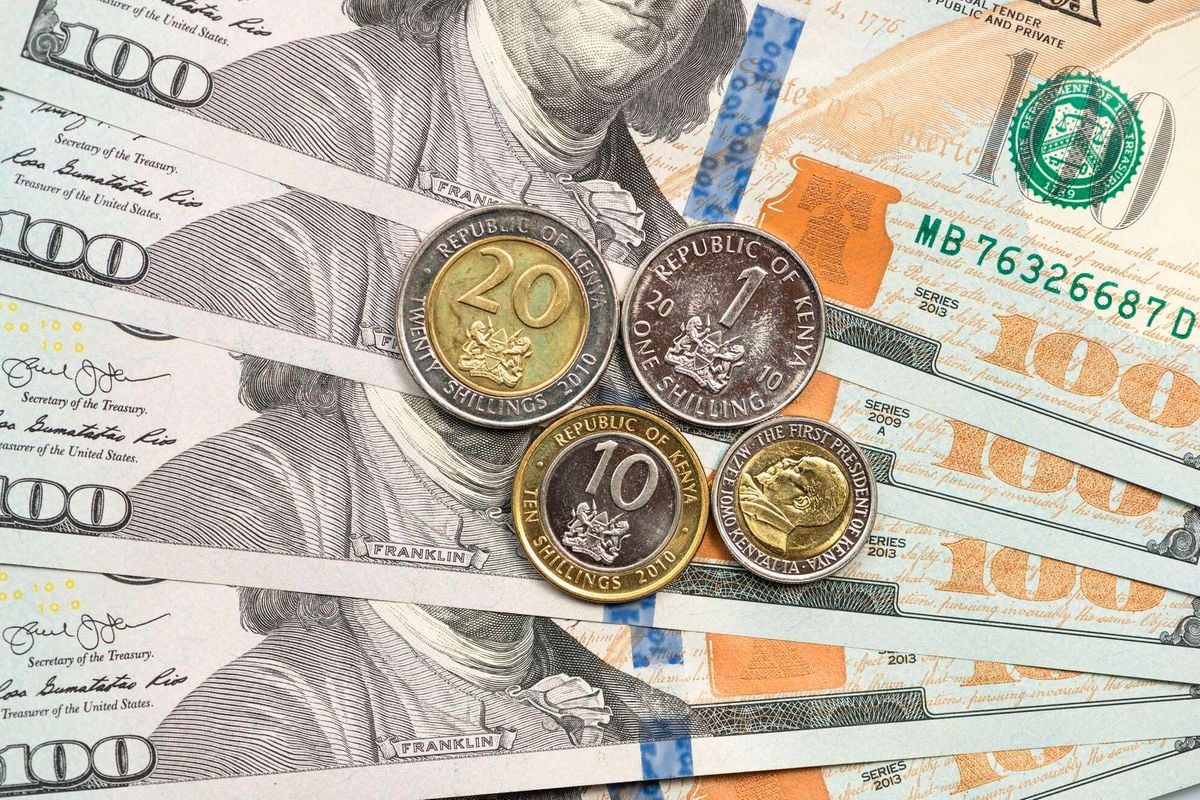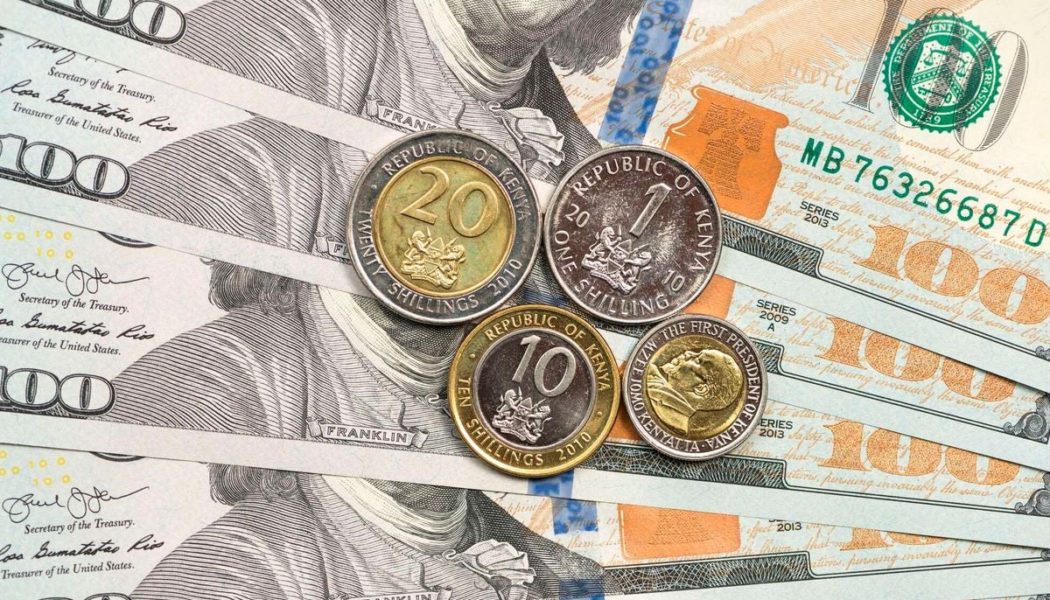
The Kenyan shilling has slumped to an eight -week low against the US dollar as the market continues to take in the effects of the anti-government protests, which have affected trade and tourism activity in the country.
A spot check on Monday afternoon showed commercial banks were trading the dollar at averages of between Sh131 and Sh132.85 in the retail market—where the selling end was going as high as Sh135 per dollar.
The official exchange rate published by the Central Bank of Kenya (CBK) showed that the shilling opened the week trading at an average of Sh130.73 (the closing price for Friday’s interbank trades) compared to Sh129.56 a week earlier.
The depreciation now risks setting up consumers for a new wave of currency-driven price increases on imported commodities.
The local unit is coming off a sustained run of gains on the dollar since February, when it touched a historic low of Sh160.67 against the greenback.
The weakening also threatens to halt the contraction of the country’s external public debt in shilling terms.
Before the depreciation seen over the past week, the shilling had gained 18.1 percent against the dollar since February, aided partly by the partial buyback of the 2014 Eurobond in mid-February that eased market jitters over whether the country would be able to pay off the $2 billion loan successfully.
Part of the impact of the ongoing demonstrations has been the disruption of the tourism sector as holidaymakers keep away on security concerns, denying the local economy the much-needed revenue from one of its top foreign exchange-earners.
Last week, several hotels reported cancellations and postponements of bookings, dampening the hopes of cashing in on the July-September peak tourism season.
The depreciation of the shilling has further been compounded by a decline in the remittance inflows into the country during June which stood at $345.9 million (Sh45.5 billion) down from $404.4 million (Sh53.2 billion) in May.
The State partly banks on remittance inflows to support the current account as well as by extension the foreign exchange market.
Importers will be keenly watching the exchange rate direction, fearing a return of the weaker shilling which would herald a return to high consumer prices that reduce affordability of their products.
For consumers, a weaker shilling brings about imported inflation by driving up the cost of imported goods and services, including petroleum products.
On the other hand, expatriates and multinational workers who are paid in dollars would book a gain as they convert their earnings to buy goods and services within the local market, partially shielding them from local inflation.
Other gainers include exporters of agricultural products such as tea, coffee, and horticulture, who are largely paid in dollars, and Kenyans receiving money from relatives abroad.









